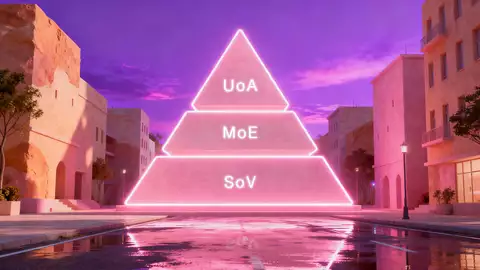
Taproot and the Bright Future of Bitcoin's Lightning Network
Posted over 2 years ago by LN+
The Bitcoin network has undergone numerous upgrades since its inception, but few are as significant as the introduction of Taproot. This innovation, designed to boost privacy, efficiency, and flexibility, has profound implications for the future of the Lightning Network. In this post, we'll explore Taproot and how it impacts Bitcoin's second-layer solutions.
What is Taproot?
Proposed in Bitcoin Improvement Proposal (BIP) 341, Taproot is a cutting-edge upgrade to the Bitcoin protocol, driven by three primary motivations:
- Improved Privacy: Taproot ensures that on-chain, every transaction—whether a simple transfer or a multifaceted smart contract—appears identical. This uniformity masks transaction types, thus bolstering user privacy.
- Enhanced Scalability and Efficiency: By optimizing how transaction data is stored and retrieved, Taproot renders transactions faster and more cost-effective.
- Increased Flexibility: Incorporating the Schnorr signature scheme (via BIP 340), Taproot allows for intricate smart contracts on Bitcoin without disclosing unnecessary details.
How Does Taproot Impact the Lightning Network?
The Lightning Network, a secondary solution on Bitcoin, enables swift and affordable transactions. Even though Taproot doesn't modify the Lightning Network directly, it provides numerous indirect advantages:
- Economical Lightning Channel Transactions: Taproot's efficiency ensures that opening and closing Lightning channels are more affordable. When channels are initiated or concluded, they need to record transactions on the primary Bitcoin blockchain. With Taproot's optimizations, these transactions require less blockchain space, thus reducing fees.
- Privacy Enhancements: Traditionally, when Lightning channels were opened or closed, keen-eyed blockchain observers could spot them. With Taproot's standardizing transaction appearances, pinpointing these specific transactions becomes a daunting task. This level of discretion is a boon for privacy-focused Lightning users.
- Advanced Contractual Capabilities: Taproot's added versatility means that more intricate contracts can be integrated within Lightning channels. This expansion opens up an array of potential use cases for the Lightning Network.
In Conclusion
While Taproot isn't an upgrade exclusively for the Lightning Network, its enhancements to Bitcoin's primary layer have far-reaching implications that positively impact secondary solutions, like Lightning. By making transactions more private, cost-effective, and versatile, Taproot paves the way for a brighter, more robust future for the entire Bitcoin ecosystem.
Current State of Taproot on Lightning
1 Comment
Please login to post comments.

Lightning Network Node
LightningNetwork.Plus
Rank: 6 / Tungsten
Capacity: 40,370,000 SAT
Channels: 11
Latest news
Channel Rebalancing 101: Practical Strategies for Better Routing
Posted 2 months ago
Square Launches Lightning-Powered Bitcoin Payments: Zero Fees Until 2027
Posted 4 months ago
Introducing Telegram notifications
Posted 4 months ago
Introducing Nostr DM notifications
Posted 4 months ago





